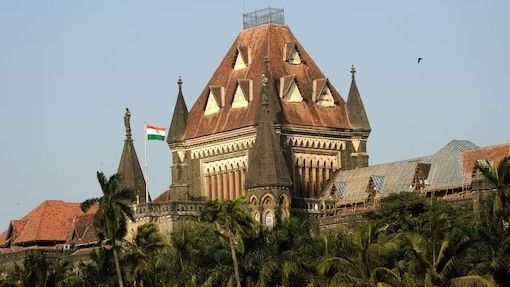
Mumbai: The Aurangabad bench of the Bombay High Court bench ruled that recording conversations within a police station does not breach the Official Secrets Act, 1923, leading to the dismissal of spying charges against two brothers from Pathardi. However, the court upheld charges of criminal conspiracy against them under the Indian Penal Code (IPC).
A bench of Justices Vibha Kankanwadi and SG Chapalgaonkar opined that the Official Secrets Act’s definition of a “prohibited place” does not include police stations, rendering the charges under the Act baseless.
“Section 2 (8) of the said Act defines what is ‘prohibited place’. Police Station is not included in the said definition. Section 3 of the Official Secrets Act, 1923 deals with ‘Penalties for spying’....Anything done in the police is absolutely not included in Section 3. Under such circumstance, ingredients of the said section are not at all attracted,” the bench said.
The HC was hearing a plea by two brothers, Subhash and Santosh Athare, who were accused of criminal conspiracy and intimidation of the IPC, and relevant provisions of the Official Secrets Act. The FIR, lodged on July 19, 2022, stemmed from Subhash’s act of recording a conversation with a police officer.
On April 21, 2022, three individuals allegedly trespassed into the Athare residence and assaulted their mother. Dissatisfied with the police’s handling of their complaint, which categorized it as a non-cognizable offense, the brothers sought clarification. On May 2, 2022, when Subhash questioned the Investigating Officer, he recorded their conversation, during which he was reportedly threatened to withdraw the complaint.
Subhash later forwarded the recording to the Director General of Police, leading to the current FIR. The defense argued that the FIR was retaliatory and based on fabricated evidence, while the prosecution claimed the recording amounted to intimidation.
The Court ruled that the charges under the Official Secrets Act were unfounded, emphasising that police stations are not covered by the Act’s provisions. However, it allowed the criminal conspiracy and intimidation charges under the IPC to proceed, referring the case back to the Judicial Magistrate First Class in Pathardi for further examination.